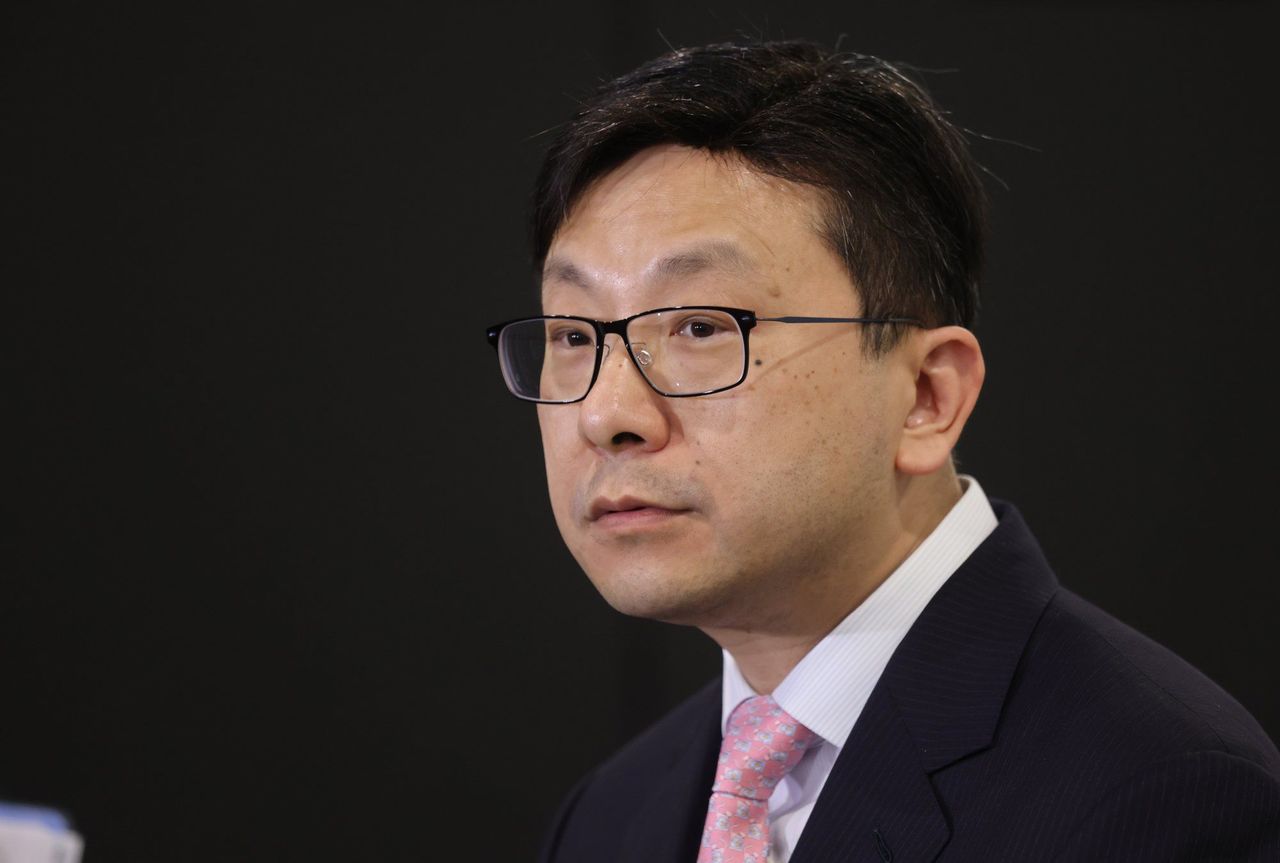Hong Kong News

Hong Kong’s Star Ferry ‘reminded to get workers’ consent before using 25-day roster’
Star Ferry has been reminded by the Hong Kong government to secure workers’ consent before implementing rosters that prevent crew from having at least one day off each week, the city’s labour minister has said.
The remarks from Secretary for Labour and Welfare Chris Sun Yuk-han on Sunday followed concerns over working conditions under the ferry service operator after a boat captain died last week. According to the deceased’s widow, he had been on duty for 23 consecutive days.
Currently, workers at Star Ferry have a 25-day shift roster that is followed by five days off. The company has said staff agreed to the arrangement and that they hoped to continue the practice.
However, critics have argued the roster system was a significant departure from the intended meaning of the Employment Ordinance, the city’s legislation enshrining labour rights.
Weighing in on the matter, Sun said employers should generally give workers one full day off each week, but acknowledged there was room for flexibility if both sides agreed.
“Regarding the Star Ferry incident, the Labour Department has contacted the ferry company. First, we have reminded them that all [roster] arrangements have to comply with the Employment Ordinance,” the minister told the media before setting off for his first work trip to Beijing, which will last until Wednesday.
“And all arrangements have to secure the consent of workers before being implemented. We have to appreciate that there are some sectors where they adopt certain rosters that are not commonly seen. So, employers and employees are allowed to negotiate,” he added.
 Secretary for Labour and Welfare Chris Sun.
Secretary for Labour and Welfare Chris Sun.
The minister stressed that the “key principle” was that any flexible roster system proposed by employers must have the consent of their staff.
Star Ferry has promised to cooperate with the government’s investigation into the death of the 47-year-old Star Ferry captain last Wednesday.
Classified by police as an industrial accident, the ferry captain was found to have fallen unconscious during an overnight shift, later dying in hospital despite receiving emergency treatment.
An autopsy was expected to be carried out to establish the cause of death.
Under the current legislation, workers employed under a continuous contract are entitled to at least one day of rest every seven days. Rest days are to be appointed by the employer.
The ordinance also allows for rest days to be granted on an irregular basis.
According to the Labour Department, an employer using a flexible roster system must tell workers of their appointed rest days before the beginning of each month. This can be done verbally or in writing.
Siu Sin-man, chief executive of the Association for the Rights of Industrial Accident Victims, who is helping the captain’s family, argued: “The question is not whether the law allows it or not, but whether such a roster is reasonable.”
“Someone seems to have died from overwork. Chris Sun should look at the law again and see if it needs to be improved rather than just saying the law allows flexibility,” she said.
The labour rights advocate added that workers usually lacked bargaining power to dispute unfavourable roster arrangements.
“If they are asked to work 25 days in a row before taking five days off, I can imagine most of them may accept it for fear they could lose their jobs if they do not agree,” she argued.
Refusing to comment on whether the captain had died from overwork, the city’s labour chief on Sunday said authorities were stepping up efforts to boost workers’ awareness of health risks posed by different jobs, including chronic illnesses such as high blood pressure and blocked arteries.
“We are targeting some high-risk sectors like construction and security. We offer to arrange body checks for them so that they can be aware of their health conditions earlier,” Sun said.
“If they do not know about their conditions, they may face risks and troubles in the long term.”
During his work trip to the nation’s capital, Sun is expected to call on the country’s Ministry of Civil Affairs, the Ministry of Human Resources and Social Security, the Ministry of Commerce, as well as the State Council’s Hong Kong and Macau Affairs Office.
The minister will also meet the All-China Federation of Trade Unions, the China Enterprise Confederation and the China Disabled Persons’ Federation.











